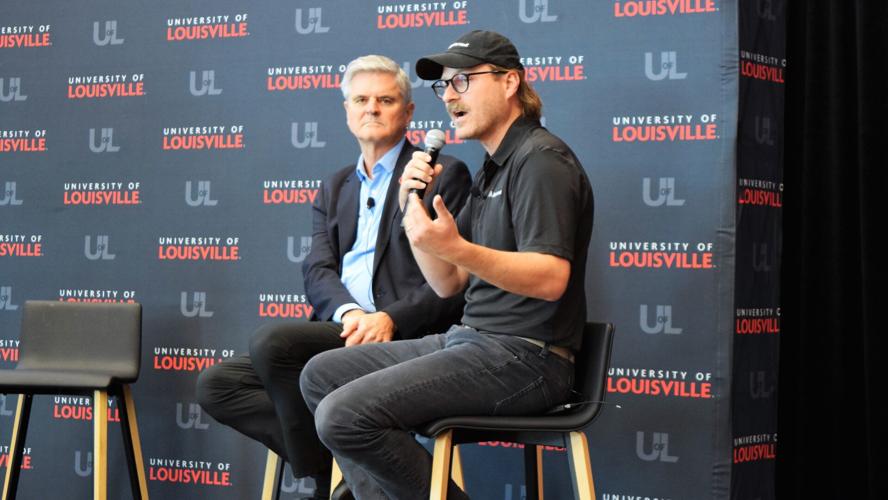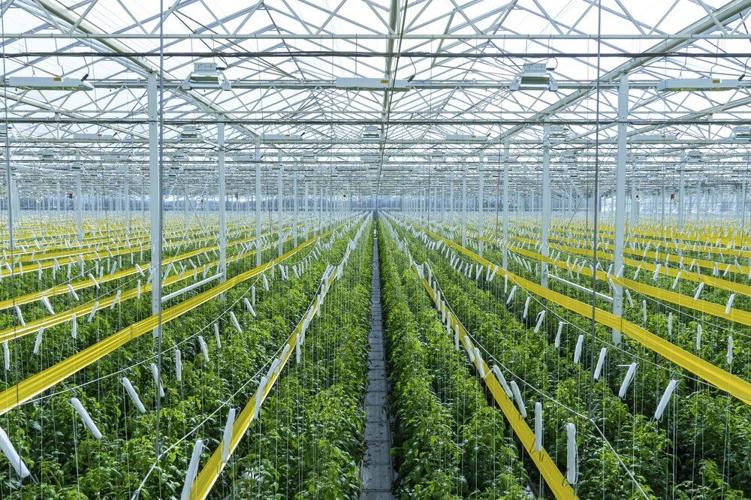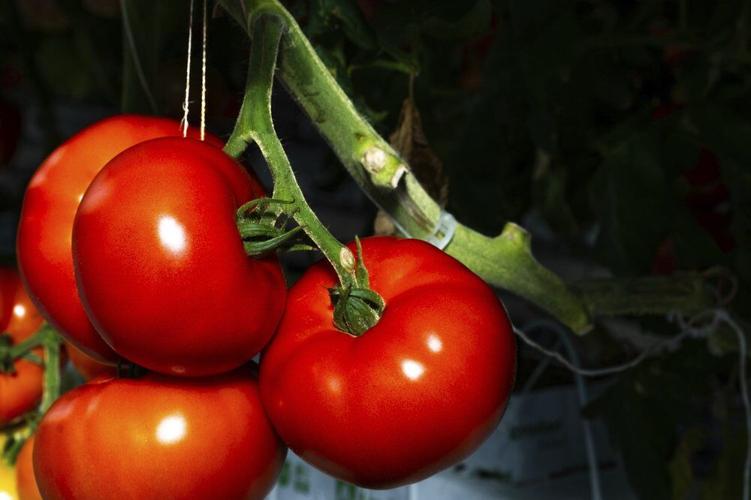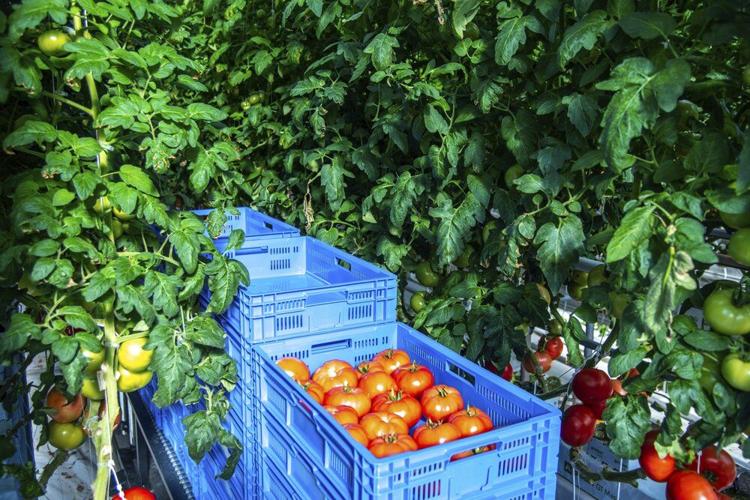LOUISVILLE, Ky. (WDRB) -- AppHarvest, the Kentucky-based high-tech farming pioneer, is scrambling to raise cash by offering new shares to investors in what one expert described as an apparent "Hail Mary" to avoid running out of money.
The Morehead-based startup, which drew praise for its vision to grow fruits and vegetables sustainably and provide good jobs in Appalachia, has missed projections for sales and the construction of its Kentucky greenhouses, where it grows tomatoes, greens and strawberries.
Following its debut on the stock market two years ago, AppHarvest's value soared as high as $3.7 billion, according to FactSet. Its market value has dwindled to little less than $100 million as of Friday, far below the accounting value of the assets on its books. In November, the company warned investors of "substantial doubt" about its ability to continue operating.
On Wednesday, AppHarvest unveiled a plan to raise about $40 million by issuing stock, enough to cover its operating and capital needs through the end of the year, according to regulatory disclosures.
"This is a 'Hail Mary'," said Charlie Moyer, a finance professor at the University of Louisville. "When you burn through $270 million, that's impressive — horribly impressive," he said, referring to the company's negative cash flow over the last 12 months of available data.
AppHarvest founder and CEO Jonathan Webb wasn't available for interview Friday. The company did not respond specifically to questions sent by email, citing rules surrounding the equity offering.
In a statement, AppHarvest said it's making progress toward its business goals.
"We are currently shipping from all four AppHarvest facilities to top national grocery store chains, restaurants and food service outlets under a variety of brands for Mastronardi Produce," the company said, referring to the distributor to whom it sells its produce. "The company is shifting from the construction and development phase to focusing on operations and execution across the AppHarvest four-farm network on the path to profitability."
AppHarvest operates massive greenhouses that use robotics and water-saving technology to grow produce in a controlled environment.
It operates 60-acre farms for tomatoes in Morehead and in Richmond, as well as a 30-acre farm for strawberries and cucumbers in Somerset and a 15-acre facility in Berea, where it grows salad greens.
The company has been much slower to get the greenhouses up and running and to generate sales than it projected before going public in 2021.
For example, AppHarvest predicted in 2020 it would achieve $62 million in revenue during 2022. But the actual revenue generated last year was only about $14.5 million, the company disclosed Wednesday.
It once projected losing $24 million in earnings before certain expenses in 2022, but the actual figure turned out to be $108 million.
"We believe (AppHarvest) has made too many unkept promises," analysts with investment bank Barclays wrote in November while downgrading the stock.
AppHarvest, which carries about $185 million in debt, raised cash in December by selling its Berea facility to Mastronardi, its distributor, for $125 million. The deal delivered $57 million in cash to AppHarvest after expenses such as a pre-payment of $19 million on a lease of the facility from Mastronardi.
The company said in a regulatory filing that it could sell other assets to raise cash.
AppHarvest found high-profile backers for its vision of bringing good jobs and environmentally friendly agriculture to one of the poorest regions in the United States.
Initial investors included American Online founder Steve Case. Its board once included celebrity Martha Stewart and author J.D. Vance, now a U.S. senator representing Ohio.
Gov. Andy Beshear has praised the company as a leader of the "AgriTech" industry he seeks to build up in the state.
AppHarvest went public in a nontraditional way, by merging with a special-purpose acquisition company or SPAC, which was a hot trend in finance in 2021.
Moyer said the problems AppHarvest faces highlight how the SPAC frenzy enabled companies to access the public markets without undergoing the usual scrutiny associated with a traditional public offering.
"People were running around and raising money and scrambling for something to invest it in," he said. "And lots of stupid things got invested in, and then the whole SPAC thing is just kind of fell apart."



















